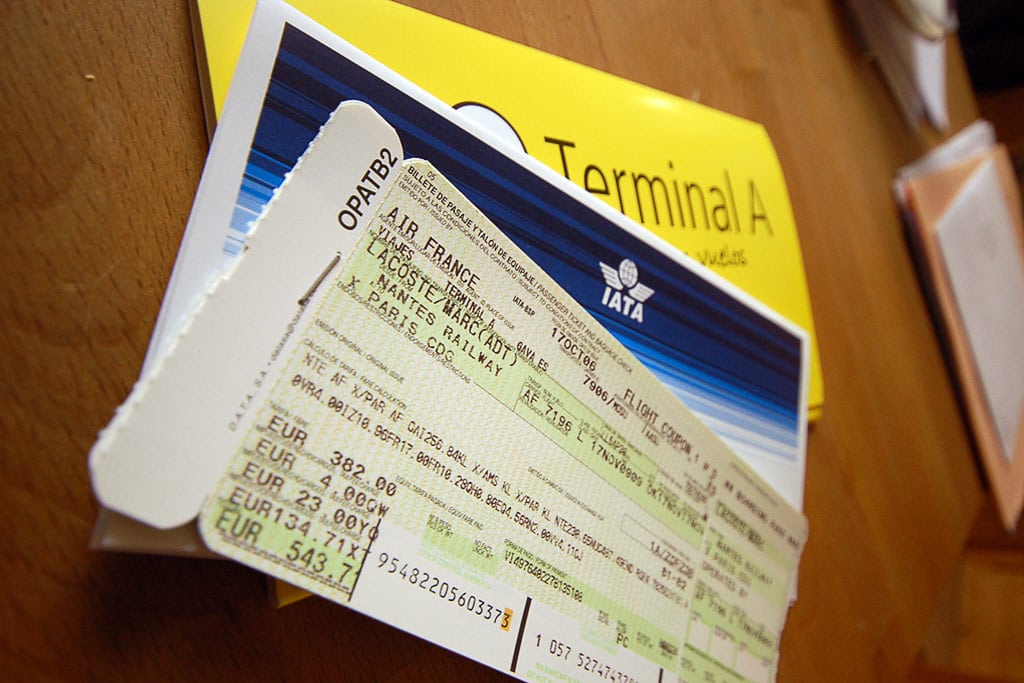Skift Take
Hidden ticketing is helpful in fringe cases, but it's not an everyday, hassle-free way to save money on flights.
Hysterics among the ticket booking community have been quick to share a story about Skiplagged, a fare searching site that’s being sued by Orbitz and United last week.
The crux of the lawsuit is that Skiplagged facilitates the booking of hidden city tickets, which is in conflict of the airlines’ contract of carriage, and for their efforts they should be shut down.
Whether Skiplagged’s activity is legal or not is up to the lawyers, though George Hobica from Airfarewatchdog does a good job of explaining how destructive they can be over on LinkedIn. What most people want to know is whether hidden city ticketing can save them money.
The answer to that is “probably not.”
Hidden city ticketing works by encouraging travelers to book airfare from their point of origin through their destination and to a “hidden city” for a cheaper rate. One traveling from San Francisco to Chicago, for example, might look into purchasing a ticket from San Francisco to Milwaukee or Minneapolis with a connection in Chicago. Once they reach Chicago, they simply leave the airport and abandon the remainder of their journey.
Tickets to secondary markets outside of main hubs can often be cheaper because demand is low or another carrier is driving competition from that point (AirTran, for example, used to run operations out of Milwaukee). So while it may sound strange that an additional flight may make the total flight cost lower, it makes sense from a competition standpoint.
The problem with abandoning a leg of your itinerary though is that it can be hugely disruptive to your overall ticket. According to most airlines’ contract of carriage, any forfeited segment results in a completely forfeited itinerary, so if you try to abandon a segment on your outbound journey you’ll be stuck with no ticket home. To get around that, most proponents of hidden city ticketing suggest booking one way tickets, but as we all know those are always much more expensive than round trip tickets.
Provided you’re able to find a hidden city ticket and book it on a one-way basis though, the biggest risk lies in disrupting your relationship with the airline. Intentionally dropping airline segments can easily get one kicked out of a loyalty program citing an airline’s contract of carriage. And if you’re fastidious enough to search the planet for a hidden city, you’re probably fastidious enough to collect your frequent flyer miles.
Another risk comes when flight disruptions occur. Since the airline is contracted to get the passenger from only from point A to point B, any rebookings from weather or mechanical problems may not involve your layover destination. Try explaining that when you’re at the ticketing desk in a snowy late night airport.
Given all of those caveats, is occasionally possible to find a cheaper ticket using the hidden city method and a bit of careful planning. Of the hundreds of tests that I’ve run on Skiplagged or through manual searches over the last few years I’ve maybe found one or two instances in which I could reasonably save money. For the risk and the effort that goes into the process though, it’s probably not worth your time.
The Daily Newsletter
Our daily coverage of the global travel industry. Written by editors and analysts from across Skift’s brands.
Have a confidential tip for Skift? Get in touch
Tags: skiplagged
Photo credit: The trick to making airline tickets cheaper is likely not using a trick. Marc Lacoste / Flickr
